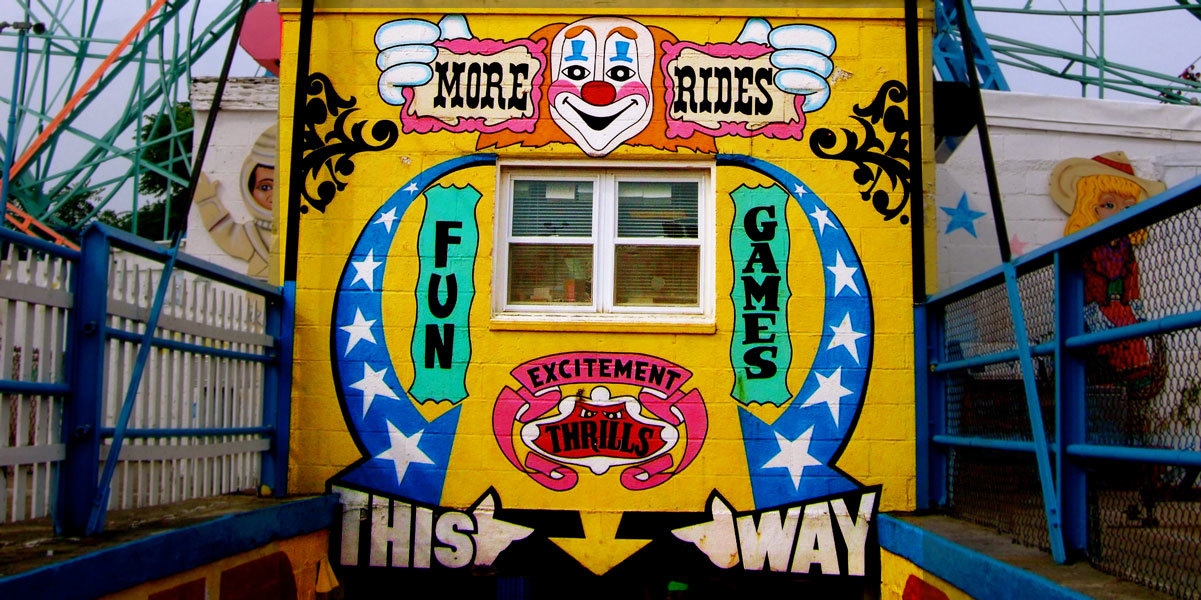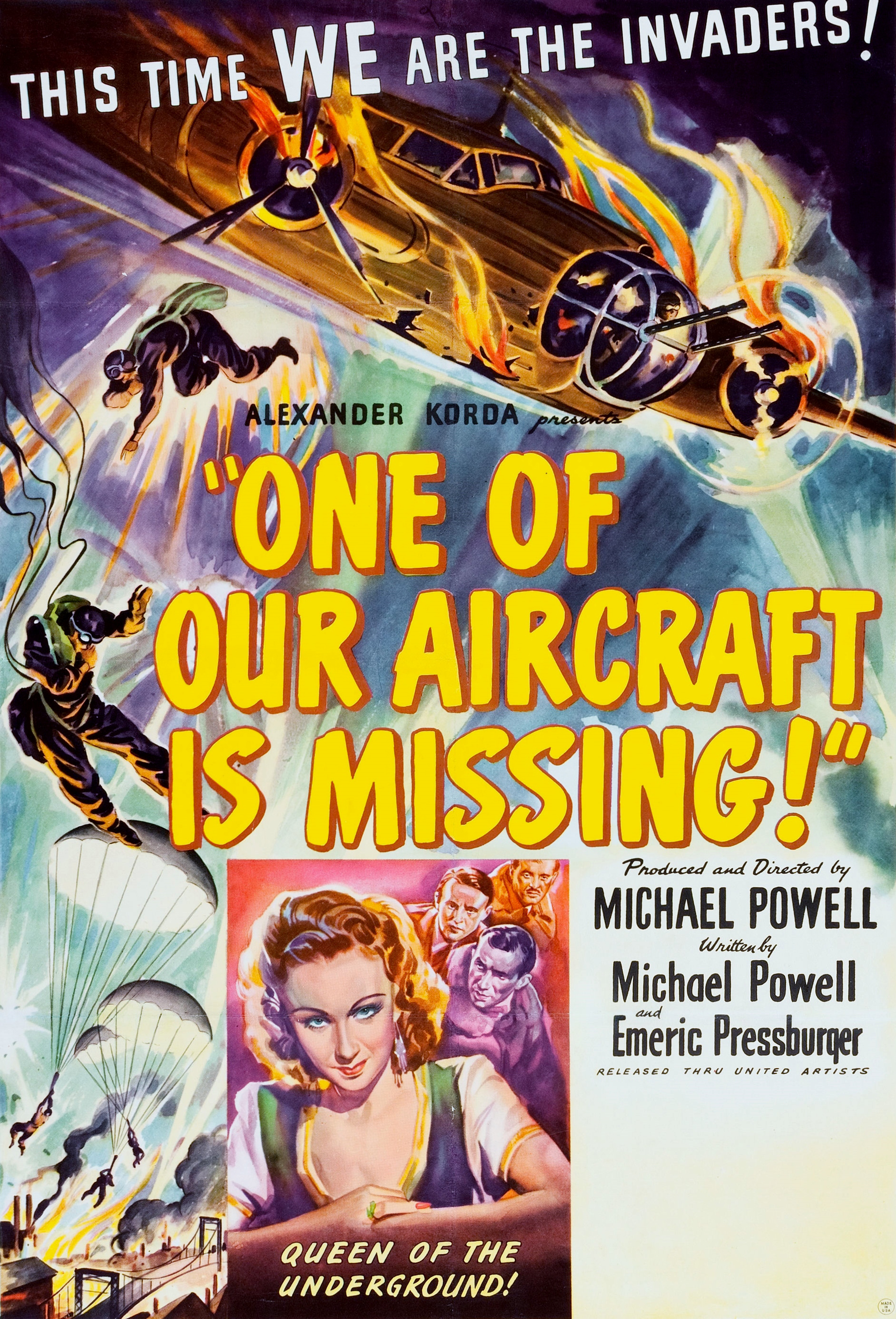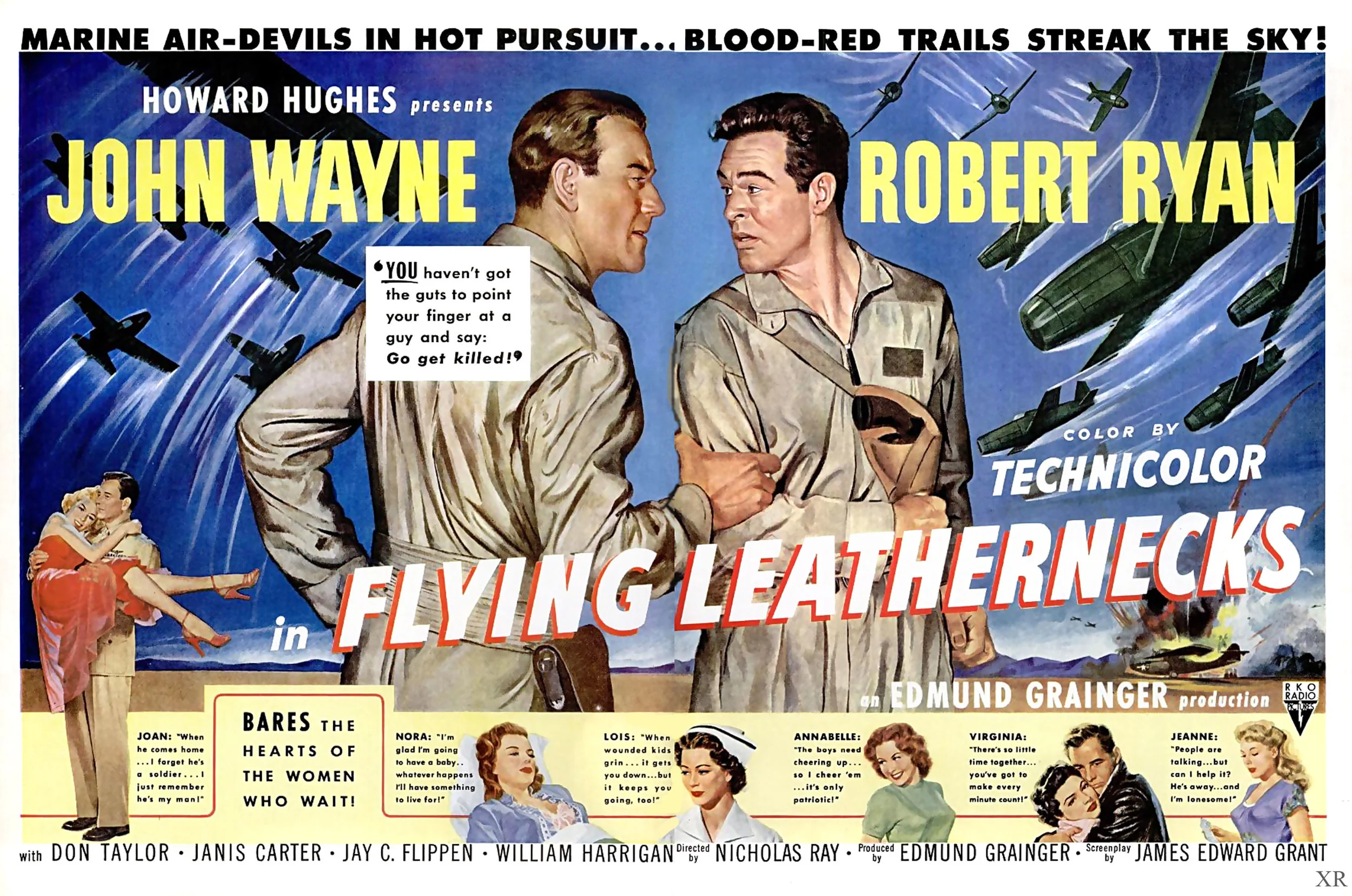“Radical Decency” might be a fancy new name for the old-timey philosophy governing Bridge of Spies, Steven Spielberg’s earnest, burnished, thoroughly gripping account of a notable episode of Cold War diplomacy. Compressing events that unfolded between 1957 and 1962, the film is primarily about the relationship between Manhattan insurance lawyer James B. Donovan and Rudolf Abel, née Col. Vilyam Genrikhovich Fisher, the Soviet spy he was court-appointed to represent.
Though reluctant to accept Abel’s case, Donovan defends his client with more zeal than anybody, including the judge, wants, on the grounds that it’s the only way to show the world that innocent-until-proven-guilty American justice is superior to its totalitarian Soviet counterpart. Though unable to persuade a jury of Abel’s innocence, Donovan persuades the judge to spare his life—leaving the U.S. with a bargaining chip when C.I.A. pilot Francis Gary Powers’ top-secret U-2 spyplane is shot down over Soviet territory and Powers is captured three years later. Appreciating that Donovan foresaw the need for a captive to trade, the C.I.A. dispatches him to freshly walled-off East Berlin to try to negotiate Powers’ release in exchange for Abel.
Read More
I am always grateful for an invitation to rub elbows with the Pop Culture Happy Hour crew. All your favorites are there around the table this week: Intrepid host Linda Holmes! Indefatigable regular panelist Stephen Thompson! Inexhaustible other regular panelist and Pal-for-Life Glen Weldon! And then there's me. The four of us merrily dissect the paranoid charms of Mr. Robot, showrunner Sam Esmail's much-discussed USA Network series about a brilliant but also probably off-his-rocker sometime-vigilante computer hacker involved in an anarchistic conspiracy. I think I got to say more or less everything I meant to about the show, though none of had seen the season finale when we recorded the episode, as it had not yet aired. Wait, no: I didn't mention how clever I think it is that we, the audience, are cast as the hacker's paranoid delusion. In voiceover, he addresses us as "you" while acknowledging that we're imaginary. Smart.
Read More
I was glad as always to join Linda Holmes, Glen Weldon, and – for the first time – Barrie Hardymon on this week's Pop Culture Happy Hour. Here are my notes and ephemera from this exciting episode. Some of it is stuff I jotted down to say but forgot or didn't get the chance, and some of it is stuff I wish in hindsight that I'd been smart or quick enough to say on the fly. (I keep pounding so-called smart drinks hoping that I shall one day develop the ability to think at the speed of conversation.)
Anyway! I wanted to read this brief passage from Nick Hornby's new novel Funny Girl, our primary topic of discussion, because I think it encapsulates the spirit of the book succinctly. It's the first meeting between the book's heroine, Barbara (who adopts the stage name Sophie Straw), and her agent, Brian:
"I want to be a comedienne," said Barbara. "I want to be Lucille Ball."
The desire to act was the bane of Brian's life. All these beautiful, shapely girls, and half of them didn't want to appear in calendars, or turn up for openings. They wanted three lines in a BBC play about unwed mothers down coal mines. He didn't understand the impulse, but he cultivated contacts with producers and casting agents, and sent the girls out for auditions anyway. They were much more malleable once they'd been repeatedly turned down.
Read More









